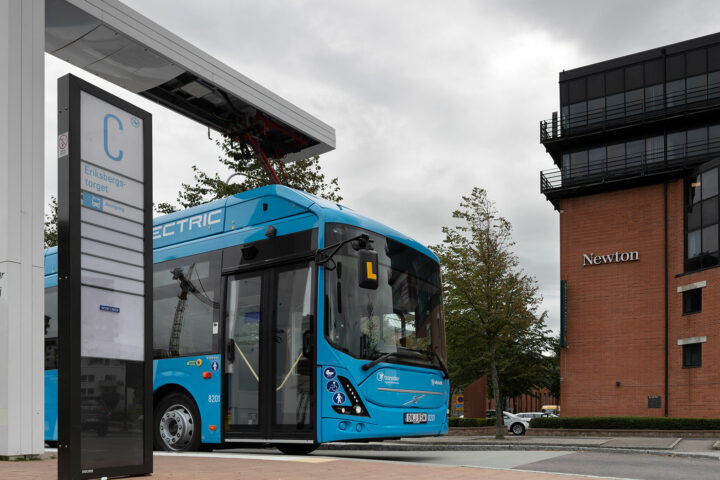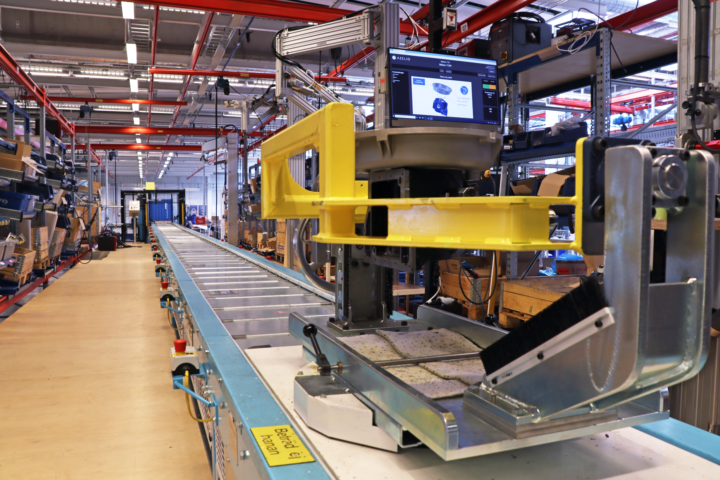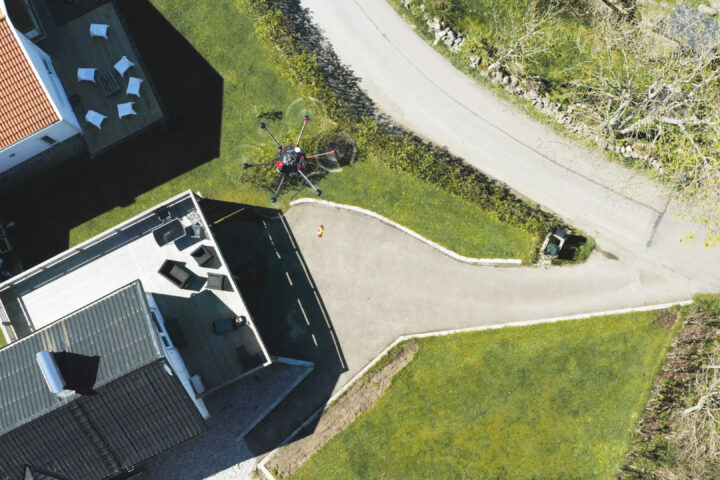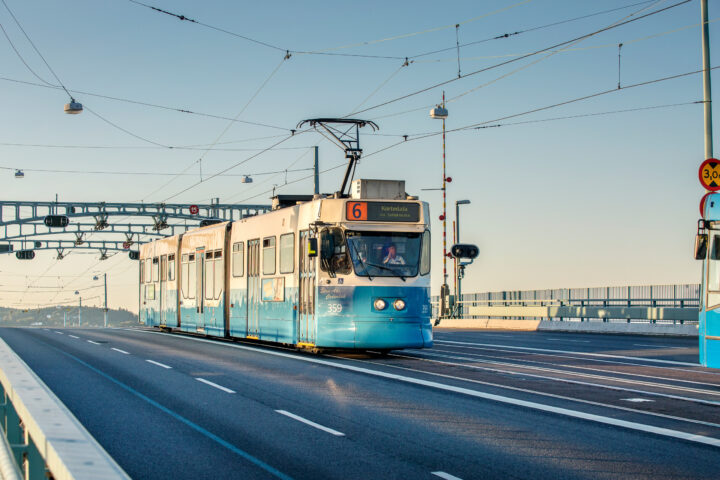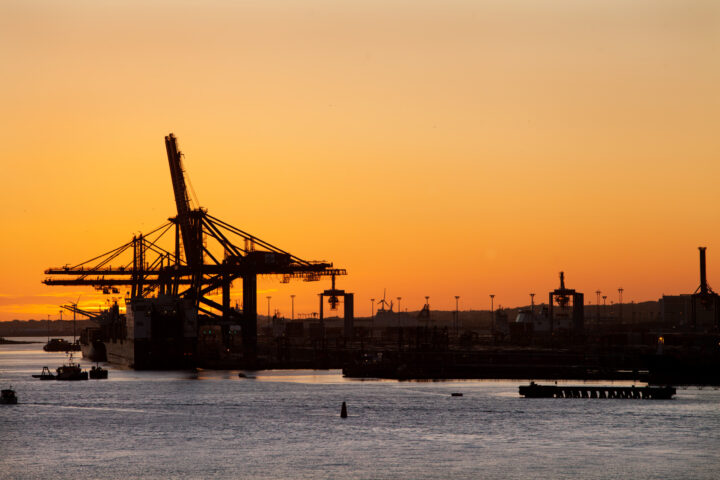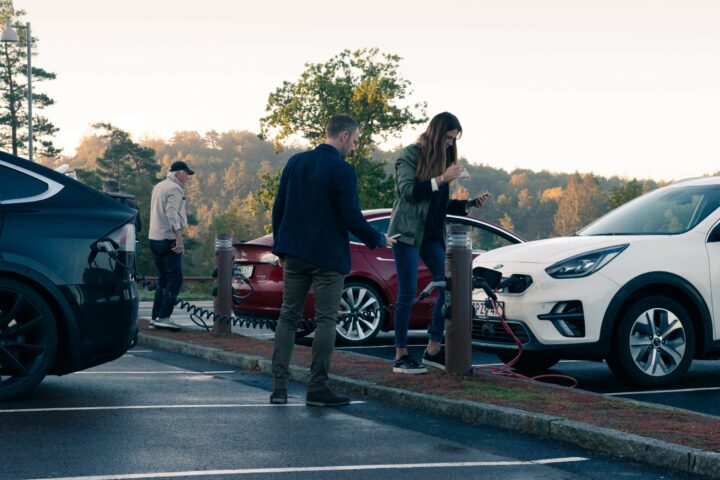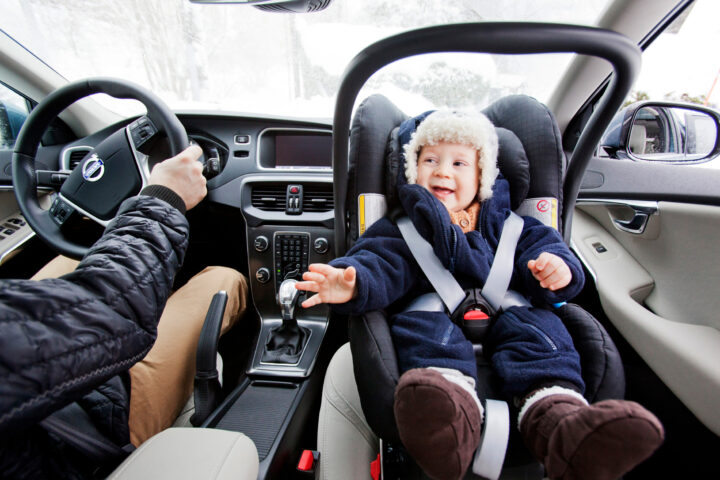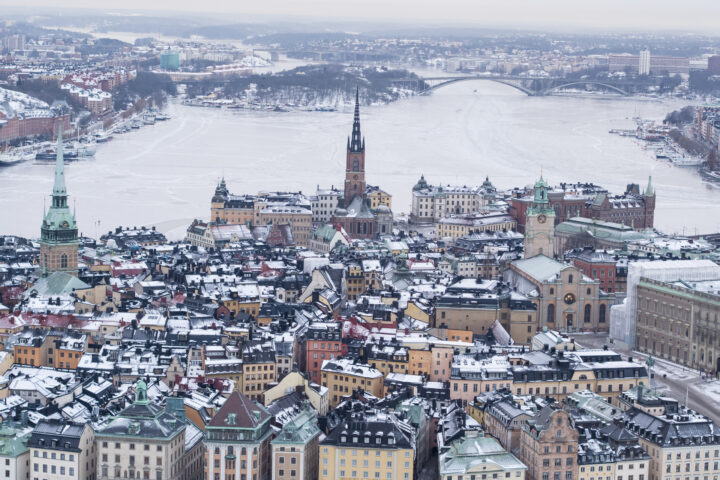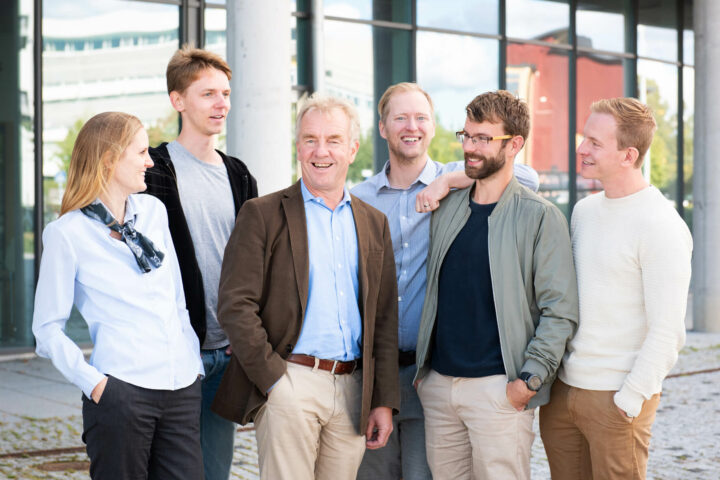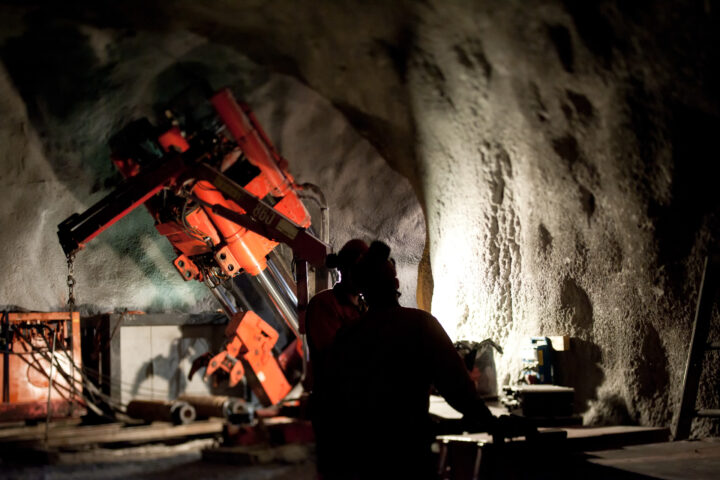Swedish Cleantech News - Page 8 of 15 - Swedish Cleantech
Recycling and Waste
Cooperation to build the first sludge-free wastewater treatment plant
Cleantech company C-Green Technology, IVL Swedish Environmental Research Institute and municipal-owned water and waste company Roslagsvatten are joining forces to build the world’s first sludge-free wastewater treatment plant.
Sustainable Transportation
Viscando – safer roads with the help of data
Digitalisation is a tool that can help planners make more informed decisions and ultimately create safer roads. The Swedish company Viscando has created a system that helps gather data that is useful to see traffic trends and behaviour, that help create safer roads.
Sustainable Transportation
Unique project to speed up the electrification of public transport
In a new project in Västerås, Sweden, several actors have joined forces to create a unique electric bus depot that will use an algorithm to optimise the charging of electric public transport buses from sodium-ion batteries, whilst also balancing local grid needs.
Renewable Energy
Azelio – Renewable Power 24/7
With an increasing need for renewable energy, energy storage is key, but storing electricity can be both expensive and inefficient. The Swedish high-tech company Azelio converts stored thermal energy to electricity, which makes the process more efficient and cost-effective.
Resources and Environment
Everdrone – Saving lives with drones
In a life or death situation, every second count. The Gothenburg-based company Everdrone has developed a technology that, with the help of drones, can save lives. By sending emergency medical equipment via drones, valuable time is saved.
Sustainable Transportation
Sustainable public transport to decrease the need for fossil-fuels
The need for sustainable and smart mobility is becoming increasingly critical in urban areas all over the world. To create a green, smart and sustainable city, mobility is key.
Sustainable Transportation
Nordic research analyses fuel cells and hydrogen gas for the shipping industry
The shipping industry needs to reduce its greenhouse gas emissions significantly to reach future climate goals, which will need alternative fuels. In a new project, researchers and actors from the industry in the Nordics will examine if fuel cells and hydrogen gas can compare to other fossil-free solutions.
Sustainable Transportation
ChargeNode – Simplifying electric car charging
As the interest in electric cars is growing, new solutions for charging infrastructure is needed. ChargeNode is the company that has made charging cheaper, more accessible, and easier to use by creating a patent-pending charging technology where multiple electric cars share a centralised charging hub.
Events
Webinar Feb 17th: How do we create safe and sustainable roads?
At this webinar you will listen to experts, authorities and business tackling the crucial question - how do we increase urban traffic safety? We will discuss measures that are to be taken to meet road safety-related issues, new solutions and tools that radically reduce climate emissions, safety and protecting road users.
Events
Sweden Sustaintech Venture Day – 11th of February
Sweden Sustaintech Venture Day is a unique opportunity to see presentations from sustaintech companies and listen to carefully selected keynote speakers.
Water and Wastewater
Drupps – clean water out of thin air
By 2025, half of the world’s population will experience water scarcity. Drupps is a Swedish water innovation company helping food and beverage producers to increase water sustainability and security by tapping the atmosphere. The vision is no water scarcity on Earth and to have the UN Sustainable Development Goal 6, clean water and sanitation, come true.
Resources and Environment
Sweden invests in fossil-free mining
Swedish state-owned energy company Vattenfall and mining company Kaunis Iron AB have signed a declaration of intent to develop a fossil-free, electrified mining operation in the north of Sweden.

